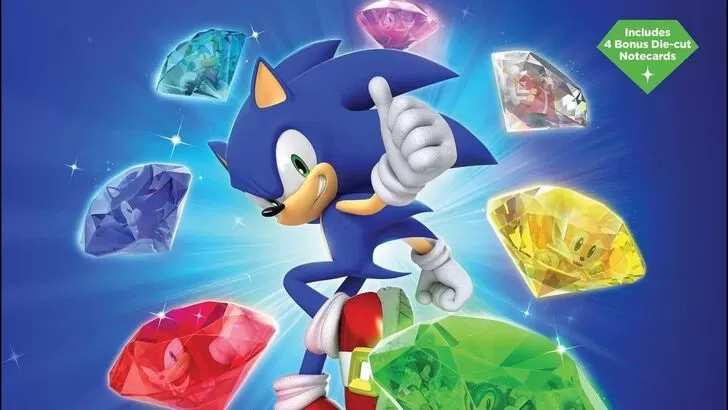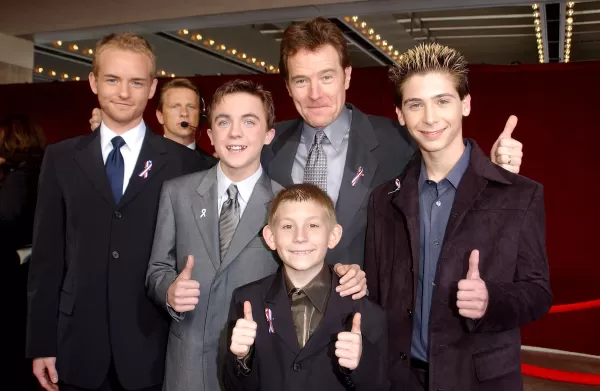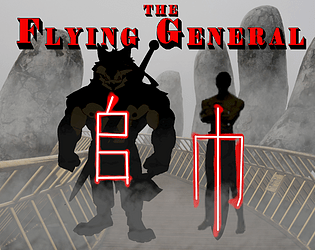Looney Tunes Shorts Removed from HBO Max Amid Movie Release
The abrupt removal of the entire catalog of original Looney Tunes shorts from HBO Max marks a significant loss for fans and animation enthusiasts alike. These iconic shorts, produced between 1930 and 1969, represent a "golden age" of animation and have been fundamental in shaping Warner Brothers' legacy. Despite their cultural significance, Warner Brothers has decided to pull these beloved classics as part of a strategic move to focus on adult and family programming, citing that children's programming does not attract sufficient viewership.
This decision reflects a broader shift in content strategy at HBO Max, as evidenced by the cancellation of new episodes of "Sesame Street" at the end of 2024, a program that has been pivotal in early childhood education since 1969. While some newer Looney Tunes spinoffs remain available on the platform, the essence of the franchise has been stripped away, leaving a void for many loyal viewers.
The timing of this move is particularly poignant, coinciding with the theatrical release of "The Day the Earth Blew Up: A Looney Tunes Story" on March 14. Initially commissioned by Max, the film was sold to Ketchup Entertainment following the Warner Brothers and Discovery merger. With a modest marketing budget, the film managed to gross just over $3 million during its opening weekend across more than 2,800 theaters nationwide.
The underwhelming performance of "The Day the Earth Blew Up" may be attributed to a lack of awareness among potential viewers, especially in light of the recent controversy surrounding another Looney Tunes project, "Coyote Vs. Acme." Last year, Warner Brothers Discovery chose not to release the completed film, citing high distribution costs, a decision that sparked widespread criticism from the artistic community and fans. Actor Will Forte publicly condemned the decision as "f—king bulls—t" and expressed his frustration and anger over the studio's choice.
The removal of the Looney Tunes shorts from HBO Max, coupled with the mishandling of recent projects, underscores a troubling trend for fans and the animation industry. It highlights the tension between cultural preservation and corporate strategy, leaving many to wonder about the future of beloved franchises in the streaming era.




























